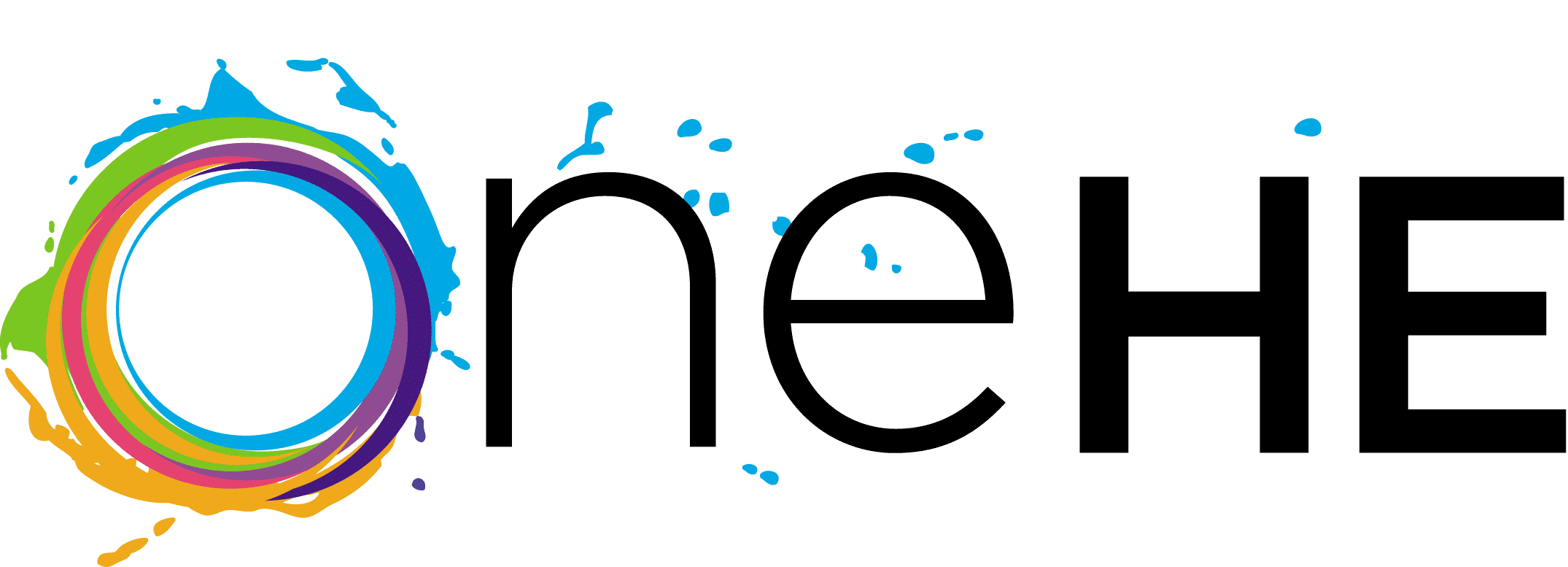Click here to view the video transcript
Well, teaching students how to learn is a really important part of the whole educational process. And it does provide us as faculty members, educators, amazing opportunities. Now some students fail, not because they can’t do the learning, they just don’t know how, they don’t know the process. When I started at university, my very first grade was an F minus minus. In fact, my second course, I got, I got an F on, and then I got a C minus for my third test. And the issue was, I came really close to flunking out of school in my first semester. And had that happened, I would not be here today speaking with you.
So, process of learning how to learn changes everything. That’s what happened to me when I was in school. Now, if you believe in lifelong learning, you have to give the students an opportunity to do that. And that’s one of the other reasons we want to teach them this. And the more, the easier it is to learn, the more fun they will have. And the more fun the students have, the more fun we will have. So we can make a significant difference in the lives of students. And really that’s what it’s all about, student success.
So our biggest opportunity, I’m happiest when I see a student’s eyes light up when they understand a concept. I love it when students write a paper and I see in their paper that they really get it. That energises me in a, as an educator. And so if teaching is going to be the profession that makes all professions possible, which is a quote from my friend, Todd Whitaker, we need to find a way to help the students to be successful. And teaching students how to learn is, I think, that way.
Most students who struggle can be successful in higher education. It would be unethical for a college or university to accept students, knowing they couldn’t complete a program and achieve a degree. Faculty often struggle to help students who are not doing well in their courses. It is always heart breaking to see a student study diligently for a test and fail the test or put a large amount of work into a paper, only to have it receive a failing grade.
In my own experience, my first examination grade as an undergraduate was an F – on a chemistry test. My immediate thought was that I wasn’t smart enough to be successful at university. It turns out, I just didn’t know how to study at that level. Once I figured out how to approach courses and how to succeed, my failing scores quickly turned to high grades, and down the road, a PhD in Industrial/Organisational Psychology.
Faculty want students to succeed, yet at times inadvertently and at times make it more challenging for students to do well. Students want to do well and find it frustrating when extensive effort is not reflected in their performance. Both educators’ lives and students’ lives become better when students do well in their courses.
By the end of this course, you will be able to:
- Explain to your students three key concepts that have been shown to improve learning outcomes;
- Critique your own courses for how far they support these concepts, and determine if there is more you can do to create a better foundation for student learning;
- Construct a conversation with your students that helps them learn how to learn


Discussions
Have you had experience of teaching students how to learn? Do you think your students would be open to discussing the concepts and research?
Please share your thoughts and questions in the comments section below.